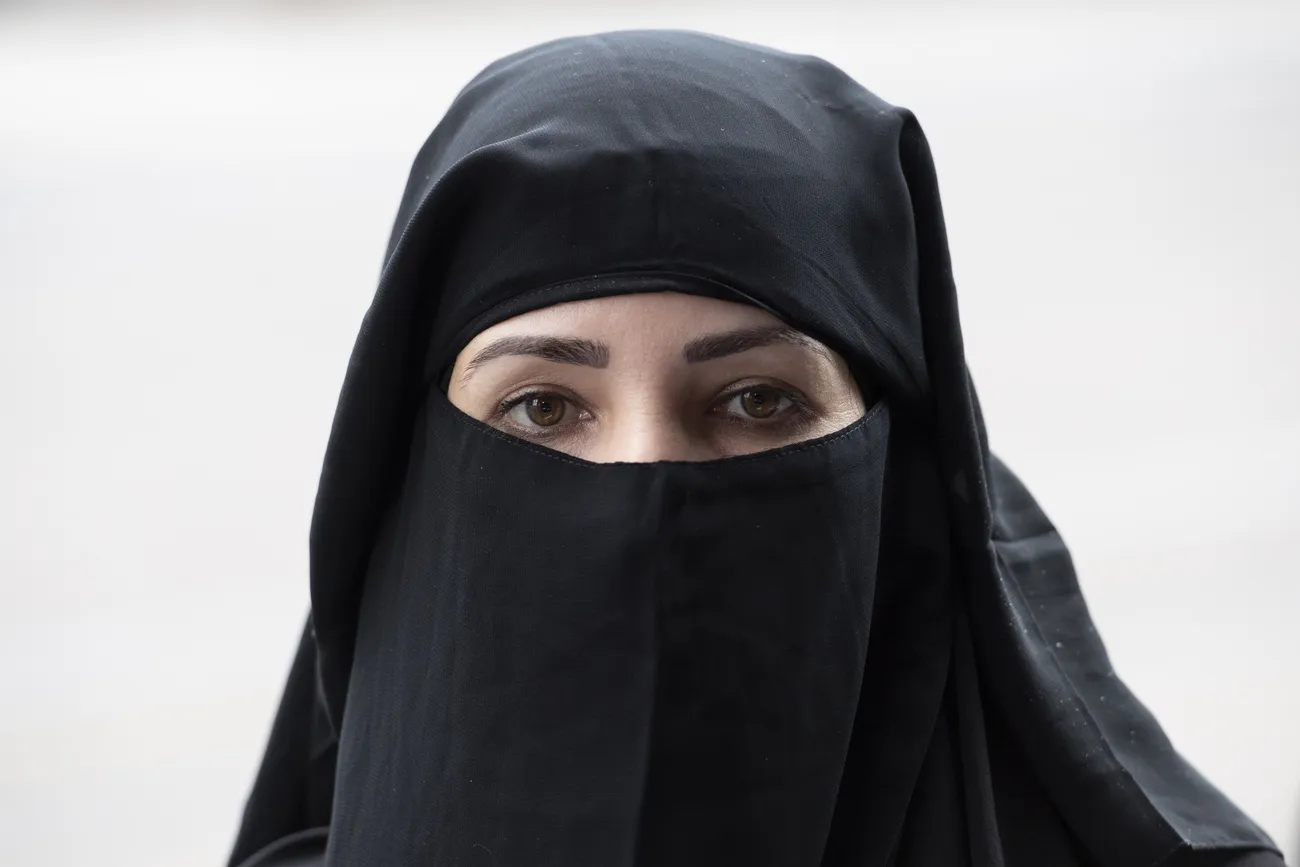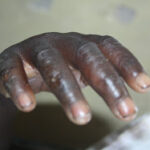Starting January 1, 2025, Switzerland has officially banned wearing face coverings, such as burqas and niqabs, in public places.
The new law, passed after a referendum in 2021, reflects the country’s push to strengthen public safety and uphold its values of transparency and openness.
Under this law, face coverings are prohibited in public spaces like streets, public transport, and government buildings. However, there are notable exceptions. People are still allowed to wear face coverings in private settings, such as at home or during private events. In workplaces, employees can wear them as long as it doesn’t interfere with their work. Religious and cultural ceremonies are also exempt, allowing individuals to wear face coverings as part of their traditions. Additionally, face coverings are allowed for health reasons, such as in medical settings or for people with certain conditions.
Violating the ban could result in fines of up to 1,000 Swiss francs. Authorities are expected to apply the law carefully and consider the cultural and religious contexts of its enforcement.
Also Read; Fuel Prices in Tanzania Continue to Drop
The new law has sparked considerable debate. Supporters argue that the ban is important for public safety and social cohesion, while opponents, particularly from Muslim communities, feel it unfairly targets specific groups and infringes on personal freedoms. Some critics argue that it could lead to stigmatization and increased discrimination against Muslim women who wear face coverings as part of their religious practice.
Although the law is likely to affect a small number of people around 30 women in Switzerland are known to wear the niqab its introduction raises broader questions about the balance between cultural diversity and societal norms. Many see it as an example of Switzerland navigating its values of individual rights, security, and integration.
The ongoing conversation about the law will undoubtedly shape the way Swiss society approaches issues of religious freedom and cultural identity in the years to come.







